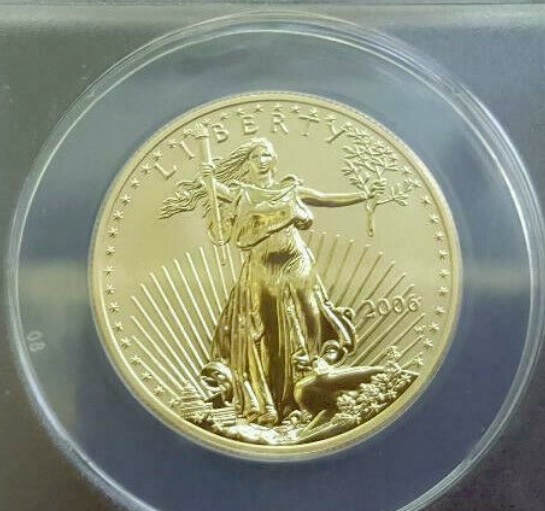
Each country has a Central Bank (or entity that acts like one) that is responsible for their monetary system. This includes increasing or decreasing the money supply to: stabilize the economy, the inflation rate, the currency, and sometimes other goals such as the unemployment rate. There is another institution located in Basel, Switzerland called the Bank for International Settlements (BIS). This is the Central Bank for all Central Banks at the global level. The purpose of the BIS is to support central bankers with payment processing, their monetary policy, and the stability of the world’s banks.
You may have heard of Basel Agreements (or enumerated versions of them like Basel III Guidelines), referring to the BIS setting of voluntary regulations for the banking industry. Well, you may not have heard that the latest agreement for the end of March, 2019 is that gold will become a Tier I capital asset for banks. This hasn’t been the case for decades, bringing back a quasi-gold standard that President Nixon eliminated in 1971.
Gold bullion is currently considered Tier 3 capital for banks and there has been an international debate since 2012 on elevating gold to Tier 1 status. Each bank must have a minimum level ratio of capital to loans and this capital ratio is based upon approved tiers of asset classes. Tier 1 is the most valued and conservative type of capital. Although changing gold to Tier I has been delayed several times, it may actually come to pass in a of couple weeks. This may help explain why so many central banks have been on a gold-buying spree for the last three years: China, Russia, India, Turkey, Hong Kong, Egypt, Indonesia, Mongolia, Kazakhstan, and others. This elevation in the status of gold for banks may make it more important to investors and speculators. Will this increase the price? Normally, it would. However, the systemic rigging of the price of gold (and silver) from opaque bullion vaults, dealers, and central banks makes this impossible to predict. But if the Central Bank to the world’s central bankers is making gold more important to bank’s balance sheets for stability, then it may be time to make it more important to your own personal balance sheet as well. Do the insiders know something about upcoming financial changes that will affect Tier I assets? The BIS (who swaps gold by-the-ton between central banks all the time) are the people who would most likely know. If the BIS is shifting gold’s position it may be prudent to consider examining or copying that shift.
